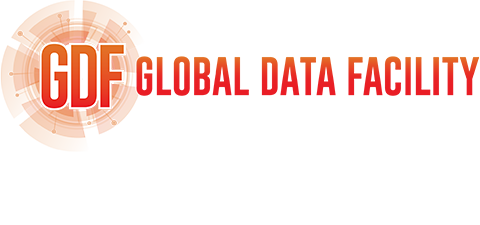A New Home for the Global Data Facility
Thank you for your interest in the Global Data Facility.
Please note this website is being phased out. For the latest updates, visit our new website at www.worldbank.org/global-data-facility.
Thank you for your interest in the Global Data Facility.
Please note this website is being phased out. For the latest updates, visit our new website at www.worldbank.org/global-data-facility.
